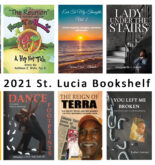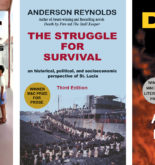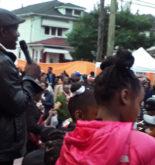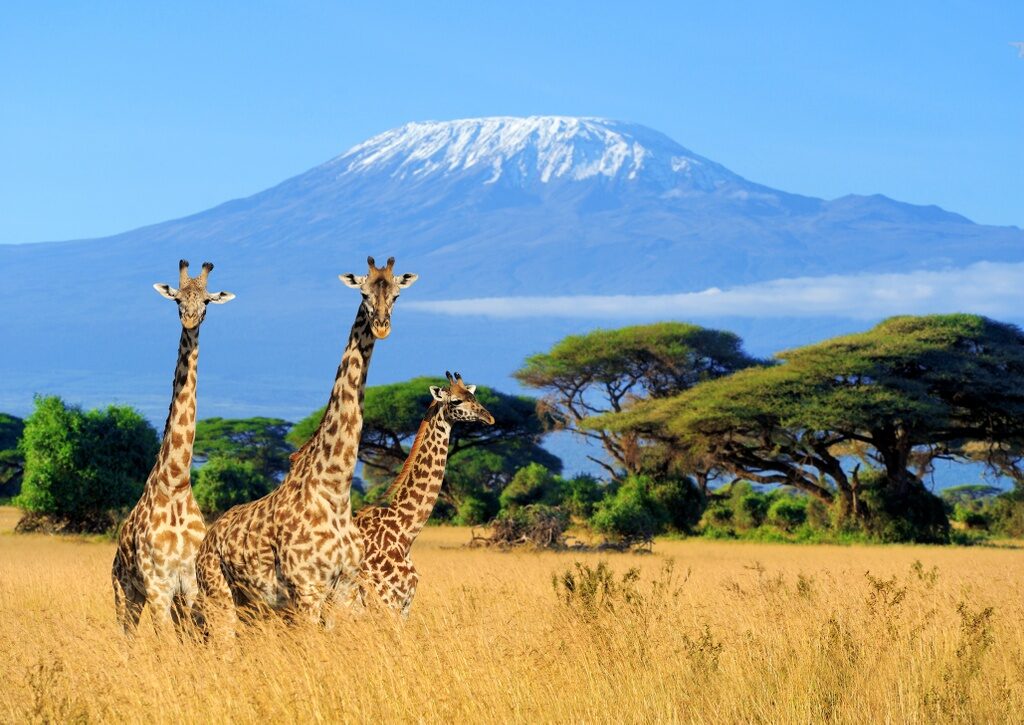
by Anderson Reynolds, from his unpublished poetry collection, The land Is Crying
I entered the warmth of the Kilimanjaro,
in the heart of Adams Morgan,
in the nation’s capital.
Sounds greeted me—reggae, calypso,
cadence, high-life—all of the same root.
I occupied a dark corner
as if I didn’t want to be seen.
I sipped on a Guinness.
The music was getting to me,
or was it the Guinness?
I figured it had to be both.
Something about the music,
or was it the Kilimanjaro,
made me mellow, mellow, mellow.
It was as if the music had entered
the depth of my soul and become one with it.
I looked at the faces.
They were me multiplied by a thousand.
They read as a map of Africa,
Africa of both the new and the old.
The music and the map of Africa set me thinking:
what spirit
what obeah
what voodoo
what magic
has Africa placed on its children that nothing;
not slavery
not colonialism
not imperialism
could take Africa out of her children?
Some talked of samba;
others of reggae, calypso, cadence;
some others of jazz, blues, soul;
still some others of high-life, juju, soukous.
The ancestors whispered in my ears
“Africa in disguise.”
What feeling? What feelings?
My heart expanded as the
whole of Africa entered.
I felt like screaming,
I African, we Africans,
Africa thy children have come home.
I wanted to share Africa with the world,
but instead I maintained my cool,
continued to seep on my Guinness,
and floated with the music.
I wanted to take it all in,
because feelings so deep, so warm,
so pervasive were uncommon.
I didn’t know when next such feelings
would come my way.
I entered a trance.
The music was juju.
I floated, floated, floated to Africa,
or was it St. Lucia, my country
of birth and upbringing?
I’m not sure.
I arrived at a village.
Is it an African village,
or is it Desruisseaux,
the village of my youthful roaming?
Never mind, they are one and the same.
I heard drums, I heard the stamping of feet,
I heard chants that were familiar but baffling.
Yet without missing a beat
I joined the villagers in dance.
My sensations became motion,
my motion became spirit.
Suddenly the music changed; it was reggae.
The trance broken.
Someone grabbed me,
set chains upon my arms and legs,
forced me into the dark,
repulsive dungeon of a ship.
I screamed, vomited, suffocated.
With sickness I arrived on a sugar plantation,
in a strange world,
where toil and sweat were my only solace.
Then as if by magic I was free.
I had survived. I had triumphed.
In celebration, I sang along with Peter Tosh,
“No matter where you come from,
as long as you are a black man
you are an African.”
A force swelled within me.
I could overcome any obstacle.
I was proud.
I was superior.
I was on top of Mount Kilimanjaro.
I was in an extended orgasm.
The orgasm burst. The beat quickened.
For some reason I wanted to party.
I tasted rum and coke,
I saw bikinis and surfers,
I saw the sea and the setting sun
meeting the horizon,
Sand tickled my feet,
I heard steel drums,
I found myself jumping behind a band.
The music was calypso. I went crazy.
I grabbed mama Africa.
I held her tight. She held me tighter.
I whined. She whined more.
My blood swelled;
Mama Africa smiled knowingly.
She squeezed me, and I felt her
African lifeblood flow from her to me.
I’m afraid to let go.
I think heaven, paradise.
I vision mother earth, fertility dolls.
I see ebony Eve in the heart of Africa
giving birth to the human race.
I sighed,”ahhhh, what am I going
to do with you, Mama Africa?”
I hoped this night, this music,
this warmth, this feeling would never end.
But the evening eventually ended,
and I unwillingly let go of Mama Africa,
and walked out of the Kilimanjaro,
trading its warmth for the December cold.
Notes: a true experience at the Kilimanjaro, a nightclub in Washington DC that I visited years ago. Happy Emancipation Day!
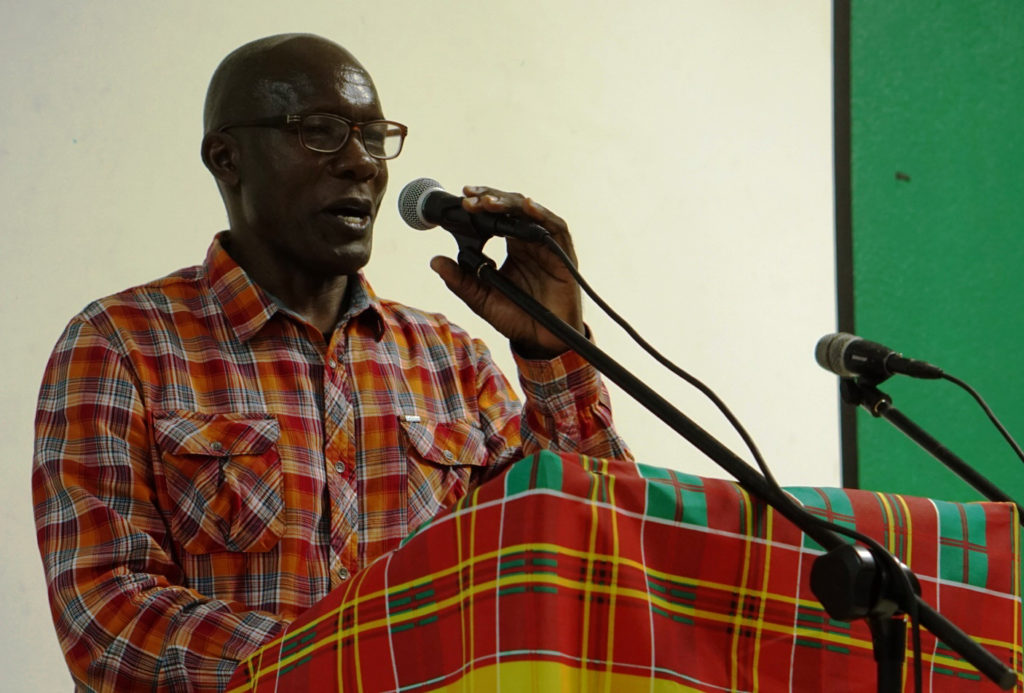
Anderson Reynolds, was born and raised in Vieux Fort, St. Lucia, where he now lives. He holds a PhD in Food and Resource Economics from the University of Florida. He is the author of four books, including the memoir, My Father Is No Longer There (2019) and three award-winning and national best-selling books, namely the creative nonfiction, The Struggle for Survival: an historical, political, and socioeconomic perspective of St. Lucia (2003), and the novels The Stall Keeper (2017) and Death by Fire (2001). Dr. Reynolds’ books and newspaper and magazine articles have established him as one of St. Lucia’s most prominent and prolific writers and a foremost authority on its socioeconomic history.
![]()

